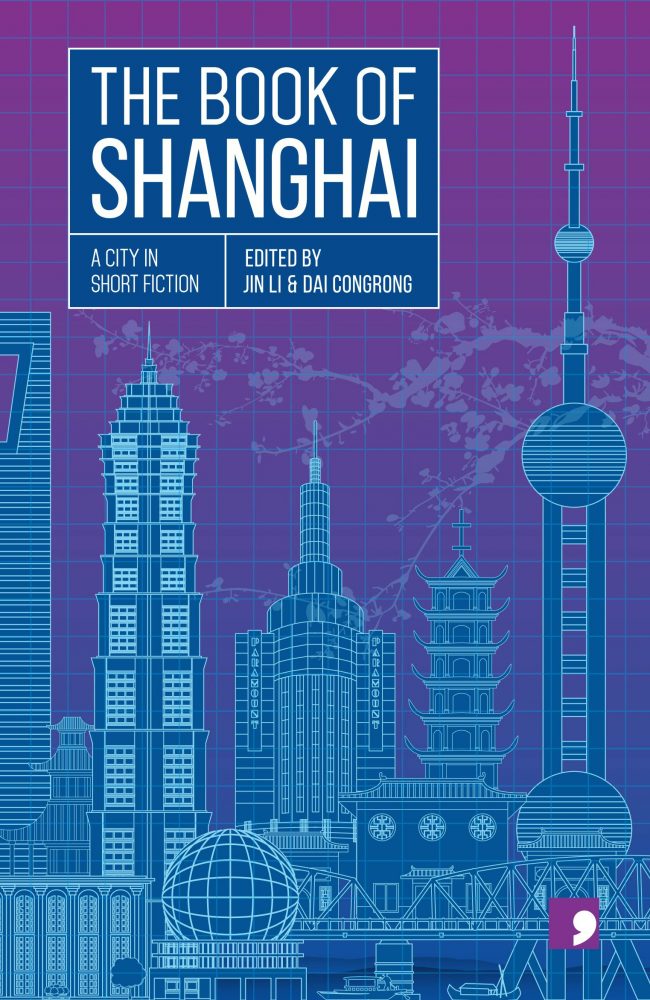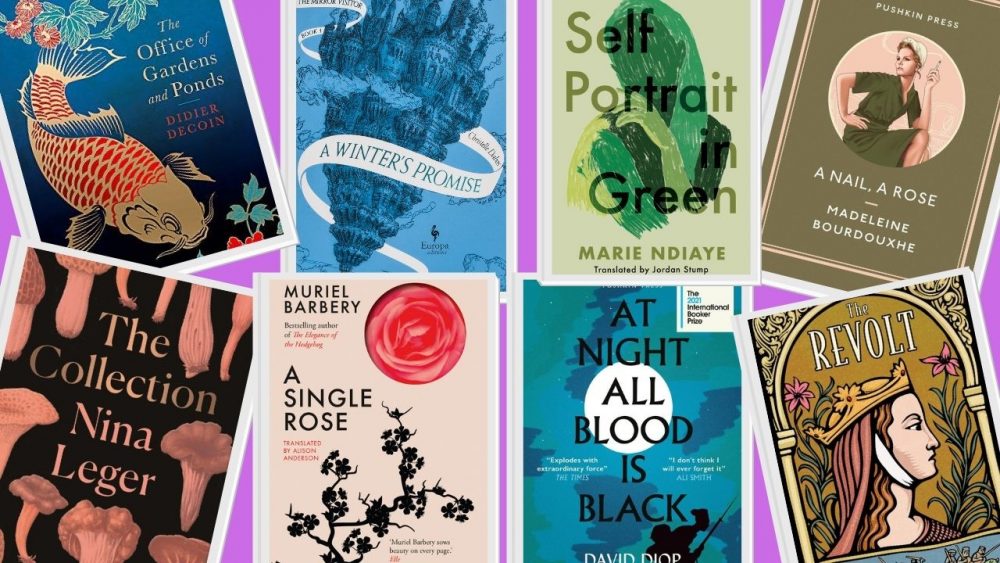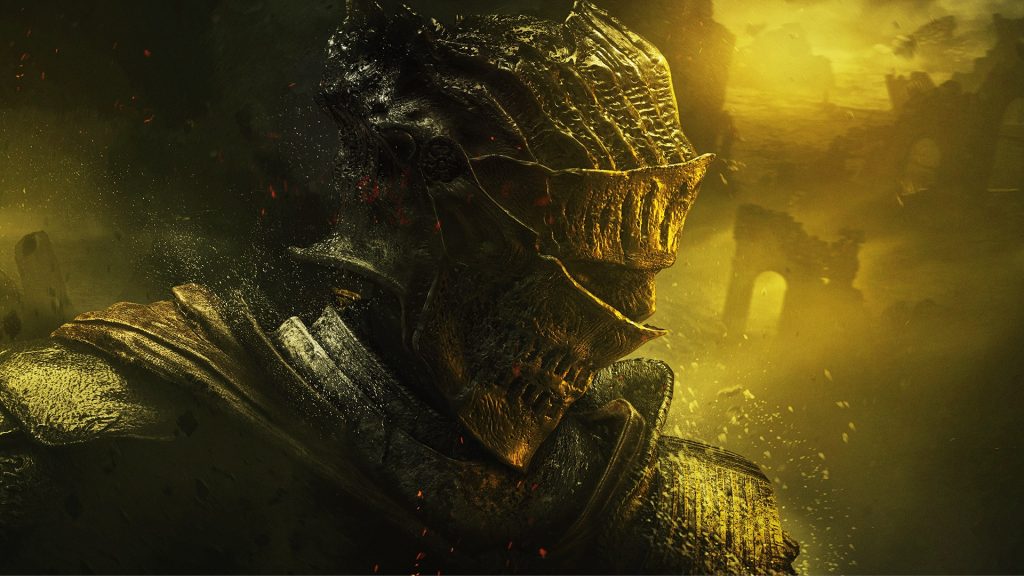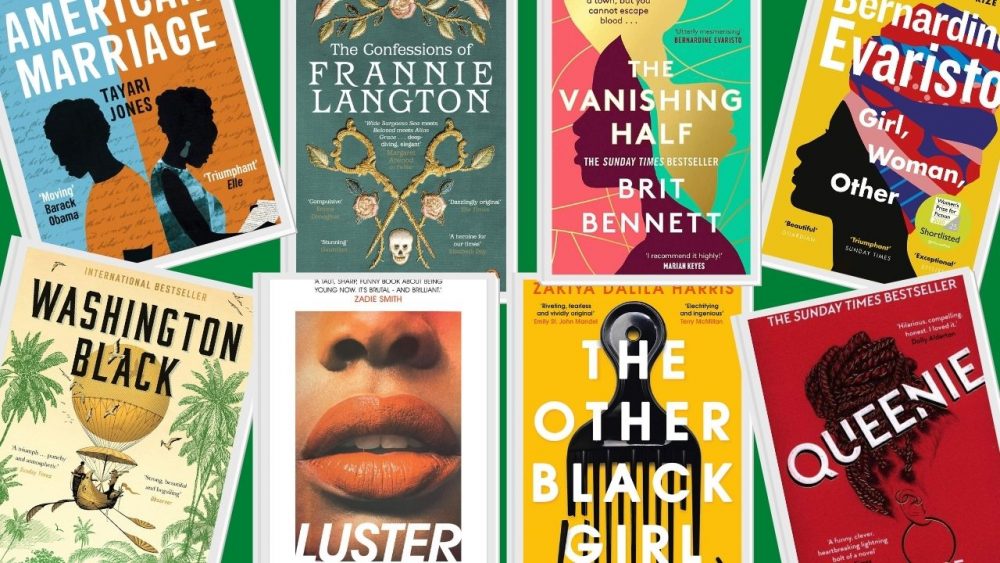Comma Press has, for several years now, been collecting short stories from authors based in cities around the world. Stories that speak to the cities they’re about. Stories that bring the city to life in surreal, explorative, and revelatory ways.
The Book of Shanghai is easily my favourite in this series since The Book of Tokyo, once again helping to prove that Chinese literature, as a whole, is the most exciting literature in the world right now.
The Book of Shanghai
When I hit my mid-twenties, I moved to Shanghai. I worked as a teacher, got a flat down the road from Jing-an Temple in Puxi, and proceeded to pass through the most transformative and educational year of my life. Shanghai is a city like no other.
Being a city in China, it must succumb to the same laws and restrictions that have a strangle hold on all of China. That said, despite these laws, Shanghai also betrays a sense of absolute freedom, where anything is possible and impossible things happen daily. Nothing has ever opened my eyes more than my year in Shanghai.

All of this said, I was tingling with excitement over getting my hands on, and tearing through, The Book of Shanghai, especially considering that it contains stories by renowned authors Wang Anyi, Chen Qiufan, and Chen Danyan.
Here are some of China’s best authors, waxing romantic, surreal, and honest about one of the world’s largest and busiest cities. Shanghai is a cosmic clash of new and old, where the nation’s richest and poorest coexist and the future of the entire world is written and directed. To read about such a city from the perspectives of such talented writers is a gift.
What impresses most about The Book of Shanghai as a whole is its diversity of interpretation. Some stories, such as Wang Anyi’s Ah Fang’s Lamp (translated by Helen Wang) and Chen Danyan’s Snow (translated by Paul Harris), lay a stoic and realistic groundwork for readers who have never visited Shanghai.
These two stories have been, very suitably and cleverly, placed at the beginning of the book. Other stories, like Shen Dacheng’s The Novelist in the Attic (translated by Jack Hargreaves), have no explicit ties to Shanghai, per se. Instead, they speak in a more abstract and subtly political voice about the state of the city and its artists.
There is an exciting and electric diversity here, not only in how the stories tackle and represent the city of Shanghai and its people, but also a diversity of genre. Family drama, mystery and suspense, science fiction, and stories which defy genre entirely. They’re all here, all in this slender collection of ten short stories.
Ah Fang’s Lamp, as I’ve already said, works as a pitch-perfect introduction to the collection and the city itself. It recounts, in the first person, the story of a nameless protagonist who, each day, passes through a skinny side street on her way to work.
There, she meets and occasionally talks with a fruit seller who has a small stall. The young and pretty fruit seller is Ah Fang; she is married and soon revealed to be with child.
The story is short — possibly the shortest in the book — and it speaks with a poetic fluidity to paint a picture of Shanghai on the ground level. Here’s a city famous for its skyline, as tall as its tallest buildings; a city divided dramatically by a world-famous river.
And here’s a story that zooms in on the narrowest street and the young girl selling fruit there to passers-by. It’s intimate, soft but harsh, small in scale but huge in heart. I can’t imagine a better setting of scene for a book of stories on Shanghai.
Bookending the collection along with Ah Fang’s Lamp is something entirely different: a story that I was itching with anticipation to read, and what is easily my favourite story in the whole collection. State of Trance by sci-fi writer Chen Qiufan (translated spectacularly by Josh Stenberg) is a monumental short tale about the end of the world.
Or, perhaps more accurately, a shift or transformation of the world. Chen has previously had two short stories published in Broken Stars, collected and translated by Ken Liu. Both of these tales demonstrated the magnitude of Chen’s cleverness, foresight, and ingenuity (all the makings of a great sci-fi writer). And here, in The Book of Shanghai, he delivers more of that same ingenuity.
State of Trance is written in the second person, and the narrator is semi-revealed on the final page. It tells the story of someone attempting to follow the rules of common decency and return a library book, all while the world collapses around them.
People are eating books and their consciousnesses are slipping away. It’s a surreal and dizzying tale that considers how the end of the world might look, taking into account paranoia, artificial intelligence, the fragility of the human mind and spirit.
It’s a tiny story of wildly large and frightening concepts. It is strange and enthralling; it accomplished so much with so few pages. And John Stenberg does an uncanny job of translating what I can only imagine to be a rather tough tale to accurately retell in English.
One story which manages to bridge the gap between the grounded and the conceptually large is Transparency by Xiao Bai (translated by Katherine Tse). This is a story predominantly about modern relationships, about trust and honesty, all told by a PI who has been hired to keep an eye on a possibly unfaithful or secretive husband.
But this short story also manages to fix us securely to the streets of Shanghai. It has a definite sense of space and time; it paints a vibrant and vivid picture of the cityscape, all while remaining intimately tight and focussed. A real accomplishment of writing, plotting, and translation.
Conclusion
The Book of Shanghai is a mesmerising and infinitely re-readable study of all the moving parts of one of the world’s most unknowable and exciting cities. These visionary writers and talented translators have brought to us visions of Shanghai that we would never otherwise see. They have shown us its working class, its fruit sellers, its writers and artists, and even how the city might one day end.
There is so much of the beauty of Shanghai’s streets and those who wander it, but in equal measure we are provided with psychedelic surrealism and pointed political prodding. If you ever needed convincing that the most promising writing of the 21st century is coming from China, here’s your evidence.
Read an interview with Chen Qiufan by English Pen.



